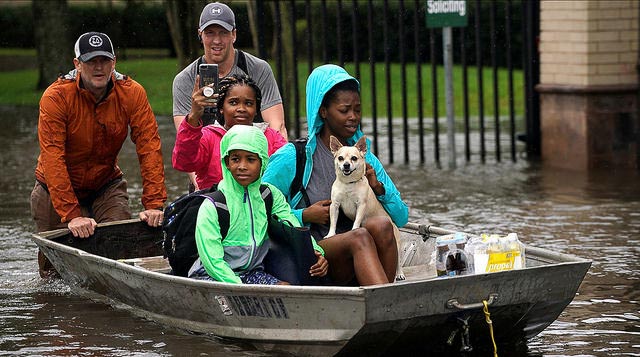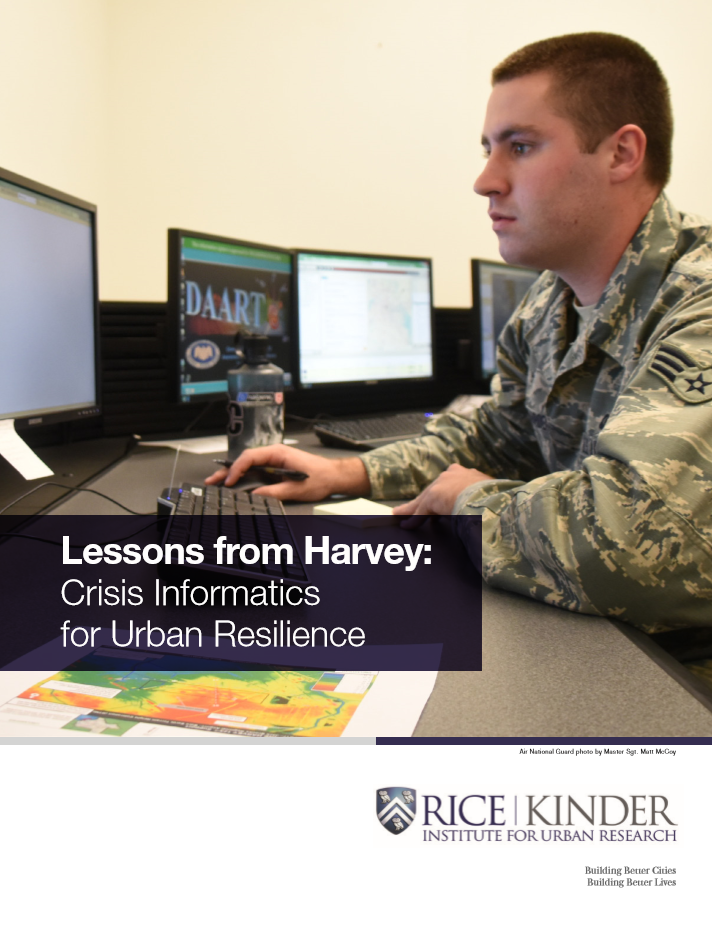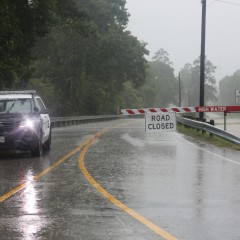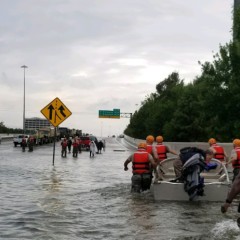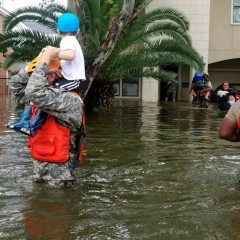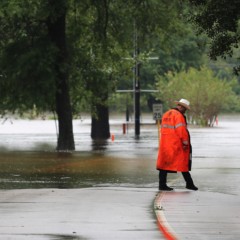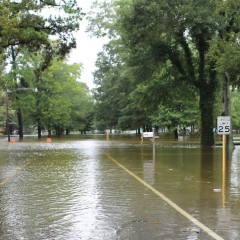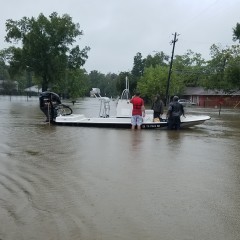Residents, first responders and officials all turned to social media during Hurricane Harvey to impart information and make calls for assistance. This report demonstrates some of the work that could be done with this type of information. It suggests that public agencies work closely with social media companies to install plans to incorporate these systems into the disaster-recovery process.
Social media sites operate as critical emergency communication venues during crises, telling us where people are located during a disaster, where they are moving and in some cases where they are checking in as “safe.” This report looks at how social media, in particular, Twitter, has been used to evaluate the spatial and temporal aspects of disaster and emergency situations, including terrorist attacks, earthquakes and floods.
Photo: Boaz Guttman/Flickr

